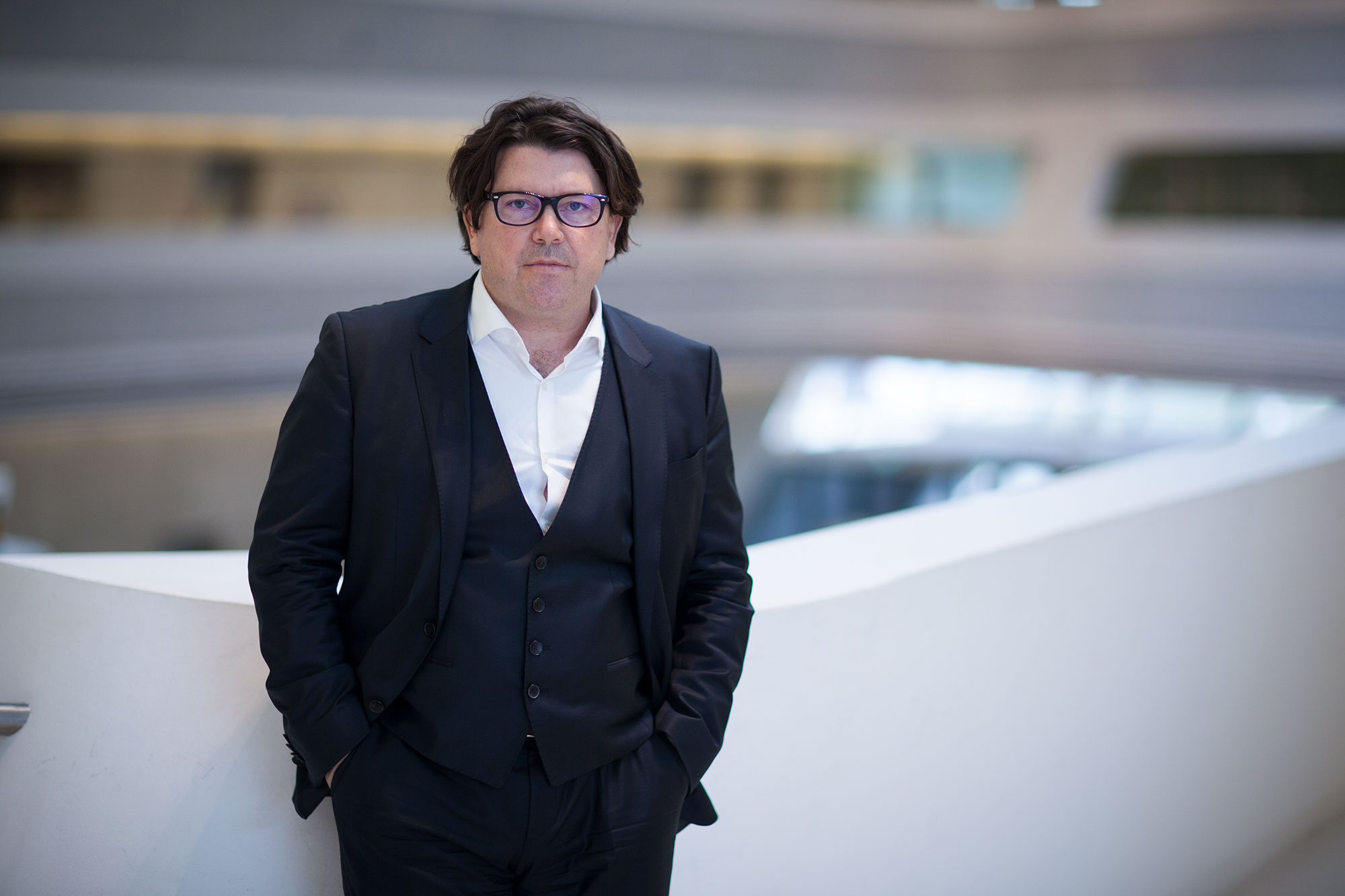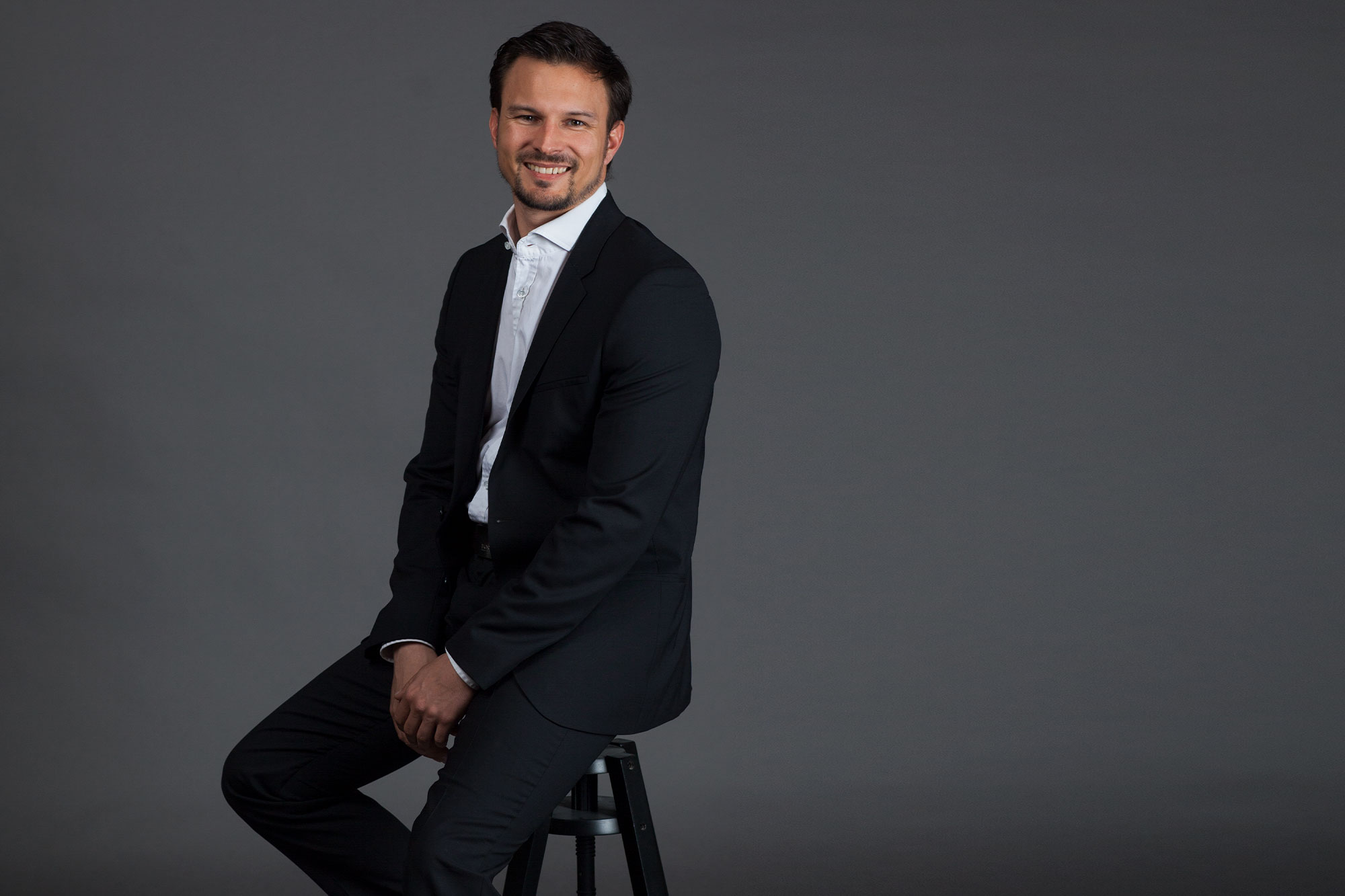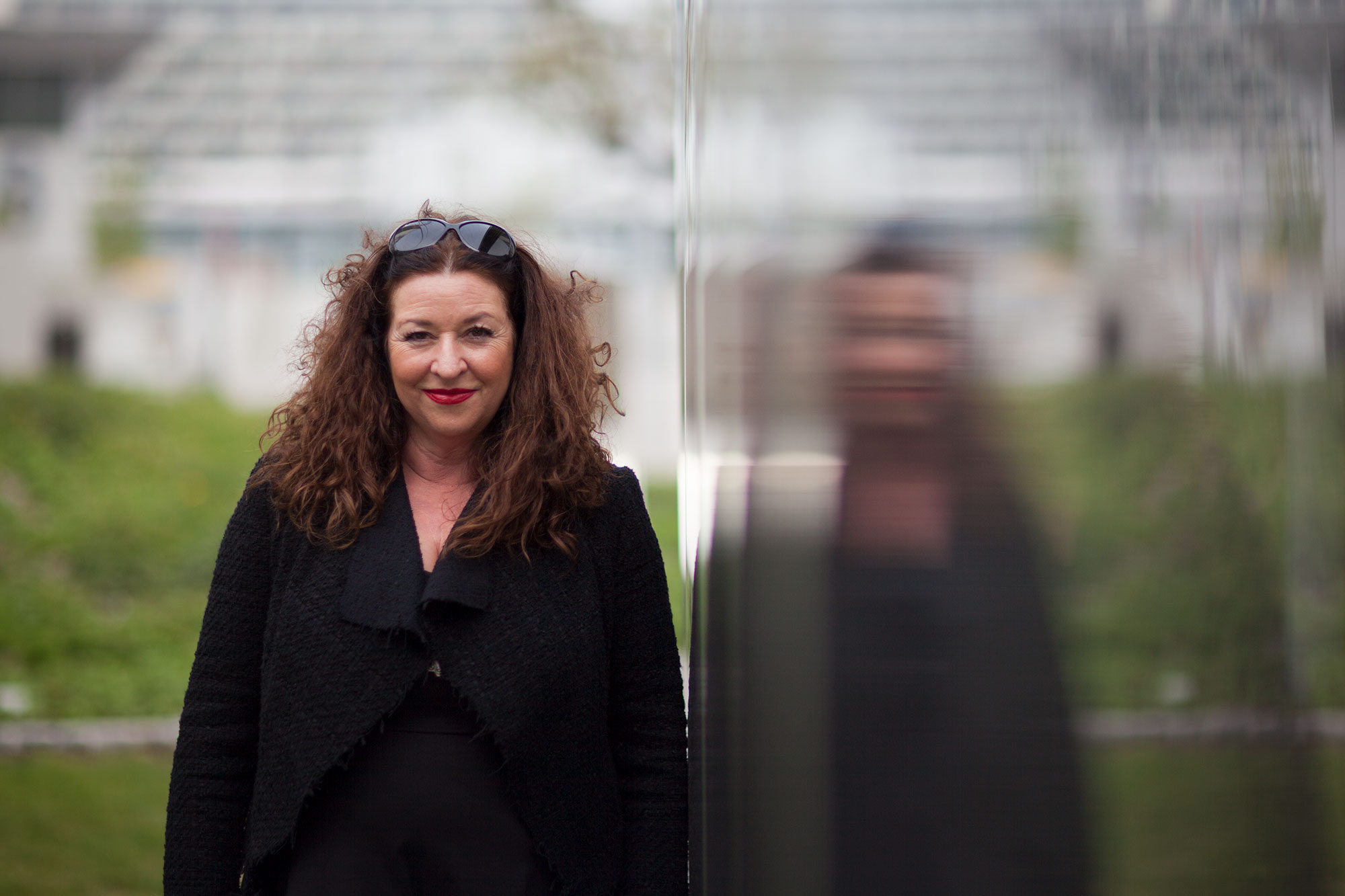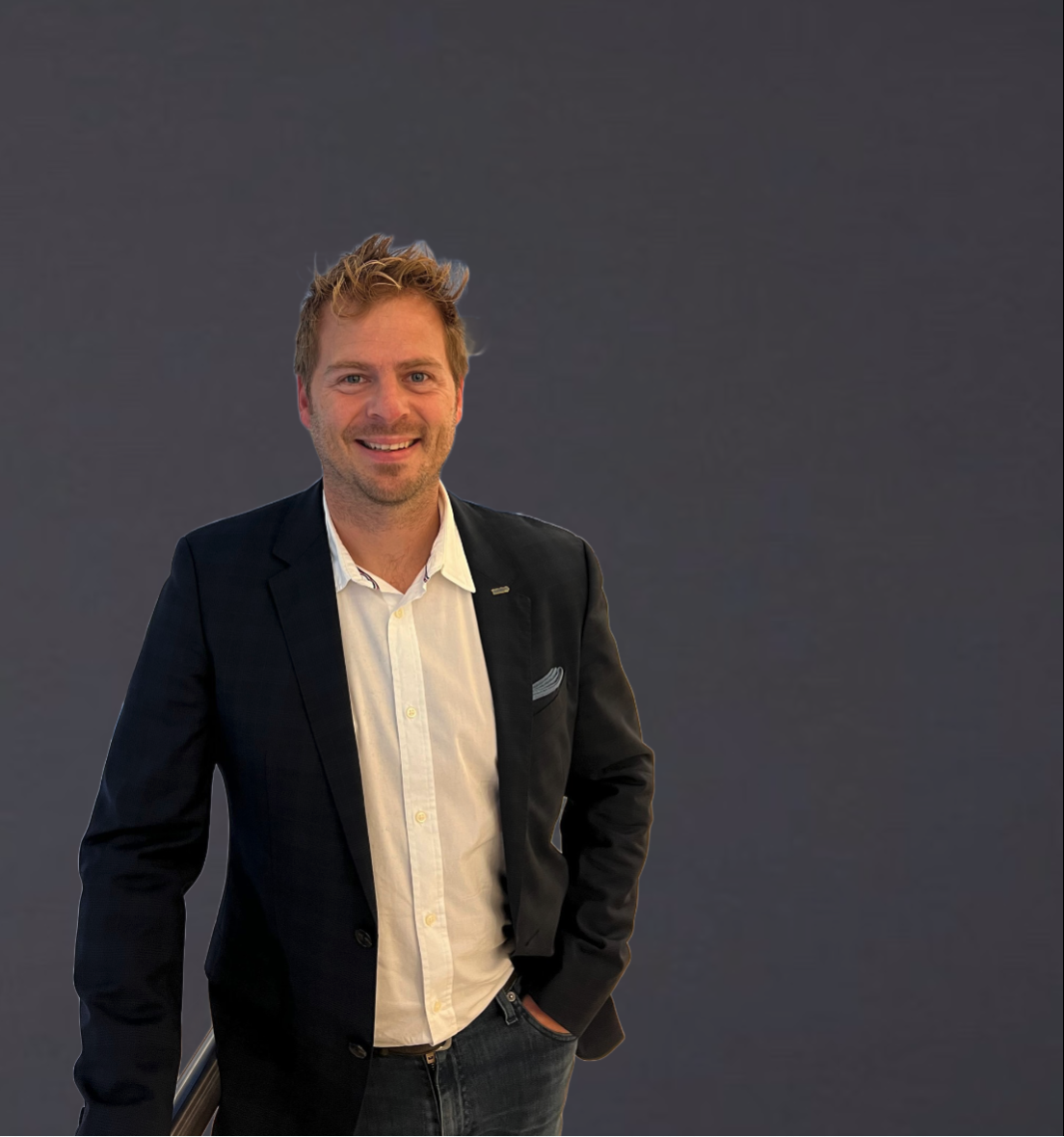RE-INVENT YOUR BUSINESS MODEL
Imagine you are a car manufacturer. What if your customers would like to go from Munich to New York in under 8 hours?
The answer is, of course, flying. However, it is a serious transformation from a car to an airplane. It is a different business model with different strategies. It needs different organizational capabilities and a different corporate culture. The external ecosystem is different and there are different requirements for the internal stakeholders like leaders and managers.

The most effective and efficient way – and sometimes the only one possible – is an evolution from the old „as is“ to the new „to be“. There are radical shifts,like a complete business model evolution, or more subtle transitions, like new leadership guidelines. The principle stays the same: an evolution adds new innovative aspects to existing strengths and eventually integrates both without conflict.
An atlas to shuttle you to your desired state of the future
Our 1492.// Transformational Services support you in every possible evolution journey. Collective intelligence is the next paradigm shift when it comes to new leadership, management and organizational development. Therefore, we have developed a holistic map to make your travels faster, cheaper, more engaging and more successful. We call it Collective Intelligence Atlas and it consists of four quadrants, that make it easier to navigate through the sometimes stormy waters of transformation.
It entails four fundamental drivers for success, that are personal leadership, performance culture, business value and market impact. An organization’s fitness for future requirements is the combination of these four integral abilities.
Personal Leadership
“Why should anyone be led by you?” That is the most relevant question for an organization’s current and future leaders. Inspiring, passionate and capable leaders are the biggest lever in executing a strategic vision. Leaders and managers have to learn how to speed up the organizational system in a wise way.
In the 80s and 90s, the environmental changes have been so slow, that most organizations were able to govern their operations by bureaucratic methods. For more than a decade, we have witnessed massive fundamental transformations of economies, technologies, political systems and societies. Simply adapting to those fast changes is no longer enough for leaders.
Personal leadership maturity is the ultimate precondition for organizational capabilities that lead to high performance and sustainable business impact. It is the critical source that has to be taken into account when reflecting why sometimes the right quality is delivered to the customer and sometimes not, why some projects run within the time and budget and others fail to do so.
Next generation leaders transform their mental models into servant leadership. The modern word for one of the key features is coaching. Leaders will always stay accountable in a hierarchical and legal understanding for target setting, budgeting and reporting e.g. At the same time, true leaders extend their responsibility beyond job descriptions and mere accountability.
Performance Culture
„Corporate culture is like perfume!“ You can smell it only for a few moments, after which it vanishes from your perception. Unsurprisingly, it is one of the most neglected topics when it comes to a company’s success or failure. Global competition is accelerating the environment and all organizations have to deliver more than what can be described in mechanical operational assignments. The investment in a high-performance culture is a direct investment in organizational capabilities.
Everything that cannot be framed in job descriptions or standard operating procedures is captured in organizational culture. It is the way people behave and the way people get things done, and entails shared: beliefs, values, practices, rules, language.
Culture also has the social function of a “comfort zone”. People have learned and experienced how to act save, protected and compliant, unconsciously led by assumed rules, values and world views. They feel at home in their specific culture. Changing culture means changing their identity. Migrating people from an old low-performance into a new high-performance culture can only be successful if people experience that change is meaningful.
Most attempts to change corporate culture by management instruments or incentive schemes do not lead to the desired performance culture. For example: coercive power creates an atmosphere of anxiety and distrust so that nobody wants to go the „extra mile“, and monetary incentives schemes unintentionally lead people to undermine given processes, systems and directions. Only a candid endeavor for co-creating meaning and purpose ignites the hearts of people to reconnect with passion for their jobs.
Business Value
“Doing things right” is not enough anymore. Organizations and especially their leaders need to be focused on „doing the right things“ with a clear distinction between effect-oriented and effort-based. On top of this, they also have to be aware of the different understandings of business value creation in their eco-system.
From the customer’s perspective, it is a function of the organization’s ability to influence and impact their lives, how products or services solve a problem, enhance their standing or fulfil their needs. It is the inside of brand integrity and an important part of the customer’s perception of the brand.
From the worker’s perspective, it entails anything that rewards the individual (both in terms of personal and professional fulfilment and in the monetary sense). It is equal to what you are compensated, how you get recognized, and how you feel about the organization.
From the leader’s perspective, it rewards the business and the shareholders, has a focus on financial results, driving efficiency and effectiveness to the overall return to shareholders.
Market Impact
„What impact do we actually want to have?“ A strong understanding of how to impact markets further delineates any organization from competitors. It underlines its role as an attractive and innovative organization towards consumers, customers, suppliers and employees.
An organization is a dynamic living social system based on communication and relations. A great and often heavily underappreciated asset to increase the market impact and to influence on the ecosystem is its collective wisdom, inside and outside the organization, its richness in perspectives and approaches. The key is to combine these multiple perspectives.
To safeguard its future, an organization has to foster value-driven relationships with customers, suppliers and partners on common performance, growth and profitability metrics. Strategies and new innovation programs have to be co-created to outperform competition. Deliberate Customer Experience Management helps anticipating customers’ wishes and needs.
To retain important customers in the long run and to attract new customers, an organization has to strive for its place of most potential in the market space. Leaders need to embrace the increasing importance of emotionally motivated customer decisions in their competitive environment.
HOW TO GET STARTED
Take an offsite trip for a day workshop and become an executive in residence at the 1492 campus in the pictures Austrian mountain range, one hour drive from Salzburg. Our experienced team of subject matter experts co-create together with you a draft how to start, change or execute the best ideas. The essence of one day in residence will open a multiple number of insight. Don’t hesitate to contact us 24/7/365.
1492 AG
1492 AG
Gewerbestrasse 10
6330 Cham
Switzerland
1492 New School of Business
1492 SCHOOL OF BUSINESS GMBH
Oberlupitsch 123
8992 Altaussee
Austria
The Collective Intelligence
1492 CONSULTING GMBH
Kärntner Ring 6/ Top 6
1010 Vienna
Austria
1492 GERMANY
1492 GROUP BERLIN OFFICE
Torstrasse 89
10119
Germany





